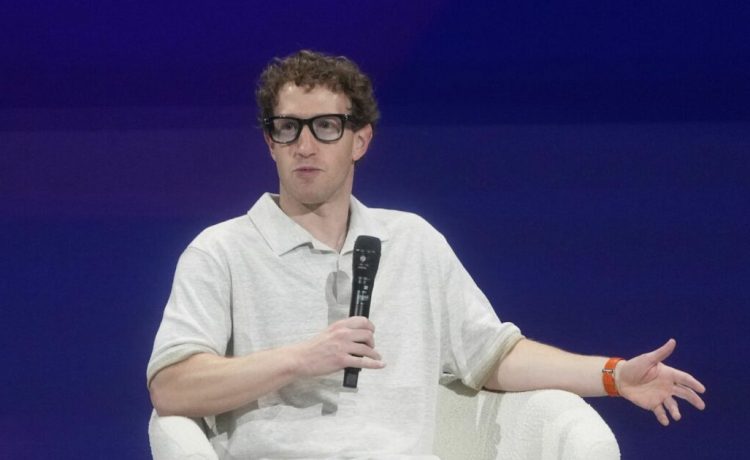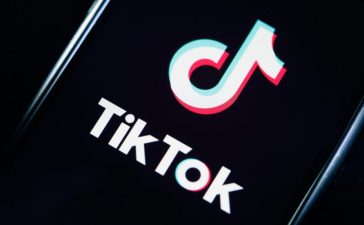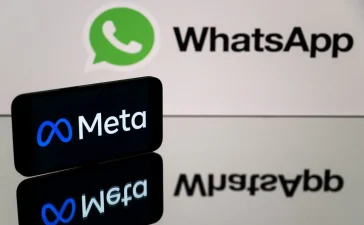Meta, the parent company of Facebook, has intensified its efforts to promote authentic content on its platform. In a significant move, the company announced that it removed over 10 million fake profiles and 500,000 spam accounts in the first half of 2025.
This action is part of a broader campaign against impersonation, copycat content, and fake engagement. According to Meta, the goal is to ensure that genuine creators are more visible and better rewarded for their work.
“We’re making progress. In the first half of 2025, we took action on around 500,000 accounts engaged in spammy behaviour or fake engagement. We also removed about 10 million profiles impersonating large content producers,” Meta said in a blog post on Monday.
Meta is particularly focused on accounts that recycle or repost content without permission or significant editing. Such profiles will now lose access to monetisation tools and see their content reach reduced on users’ feeds.
The tech giant emphasized that originality matters. Reposting watermarked videos or slightly editing existing content will no longer qualify as meaningful creation. Instead, content that tells an authentic story and offers real value is more likely to succeed.
Meta has also updated its Professional Dashboard, adding post-level insights and a Support Home screen. These features will allow creators to monitor performance and see if any of their content faces potential restrictions.
Meanwhile, YouTube announced a similar move. It will no longer monetise mass-produced or overly repetitive content, in a bid to maintain quality. However, it clarified that creators who use AI tools creatively are still eligible for monetisation.
“We welcome creators using AI tools to enhance their storytelling,” YouTube said.
Both Meta and YouTube say these changes are part of a wider effort to preserve content quality and support originality in today’s digital economy.







